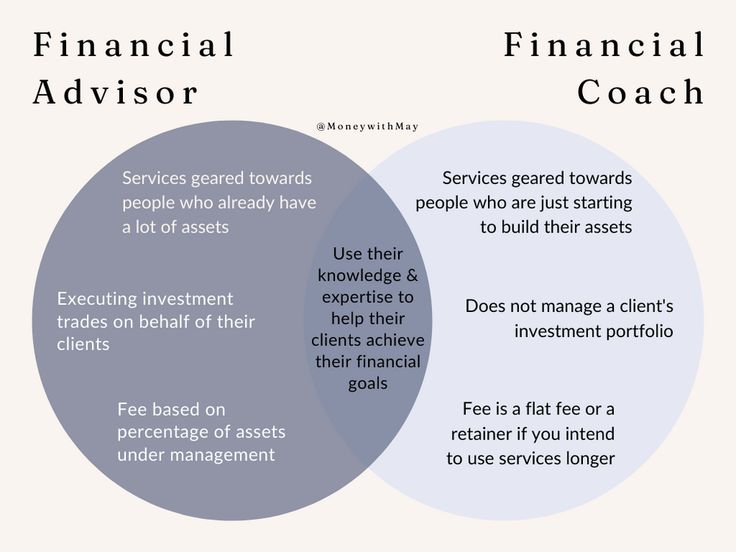
Accenture offers an array of perks for its analyst consultant position. Learn about the Education requirements, Salary range and career progression opportunities, and more! An MBA or equivalent is required to get started in this position. Accenture offers employment opportunities to veterans. Check out Accenture's Equal Opportunity Policy Statement for more information.
Salary range
In terms of salary, Accenture offers a good package for analysts with a few years' experience. An average salary for senior consultants (known internally as managers) is $108,656 per annum. While the exact amount of this salary varies according to region and specialty, it is the same. However, the general rule of thumb is that the higher you are in seniority, generally, the better your salary. Payscale gives salary data for hundreds of thousands of Accenture employees. It also contains insider information about the company’s culture and benefits.
Accenture's analyst consultants can earn between $79,250 and $682,818 per year. However, the salary range is variable. This compensation package is significantly better than the US average, and includes equity options of zero to 15k. Accenture Business Analysts make slightly more than the salaries for other departments in the company, such the Marketing Department, Design Department, and Marketing Department.

Perks
Accenture's analyst consultants are part of a global firm that assists clients in navigating and maximizing the opportunities presented by the digital age. You'll have the opportunity to work in nearly every industry and location, and can also work remotely from home. Accenture brings deep expertise to every client and provides a tailored approach to solving their business challenges.
Accenture is a multinational corporation that employs over 500,000 people in more than 200 cities across 51 different countries. Accenture's culture is one of its strengths. It allows all parts of the company to have their unique ways of working. You can participate in a culture that promotes diversity while still sticking to the core values of the company.
Career progression
Accenture Analyst Consultants have many responsibilities. They work with large complex companies and deal with complex issues. This work can be demanding but they can also enjoy flexible working hours. Accenture's career progression is dependent on individual performance as well as business demand. Accenture is an equal-opportunity employer, and welcomes applications from all sections of society. It does not discriminate against race, religion, national origin, disability, age, citizenship, or sexual orientation.
Accenture analyst consultants typically work as part of a project team. A typical project team will have three to eight consultants, each working under a manager. Analysts play a large role in analyzing data and compiling reports. They often collaborate with clients and senior managers. As part of a project, analysts often participate in presentations and discussions with senior client leaders.

Education requirements
Accenture's analyst consultants must meet certain educational requirements. These consultants typically work in teams of three to eight consultants with each member responsible primarily for one area of work. As part of their job, they will present findings to senior client executives and engage in discussion. This position is usually full time and lasts six to twelve monthly. These professionals should also be fluent in English.
Accenture analysts might be specialists in finance, tech or risk analysis depending on the area they specialize. Depending on their experience, Accenture consultants make a variety of salaries. Accenture employees receive great benefits in addition to their excellent pay. Accenture offers excellent health insurance and paid time off. Employees are encouraged to advance in their careers.
FAQ
How long does it take for a consultant to be established?
The amount of time needed depends on your industry and background. Most people start out with a few months before they find work.
Some consultants, however, spend many years perfecting their skills before they find work.
What qualifications do you need to be a consultant?
You don't just need to have a MBA, you also need to demonstrate your ability as a business consultant. A minimum of two years' experience in consulting, training and/or advising a major company is necessary.
It is essential that you have experience working closely with senior management on strategic development projects. This will require you to be comfortable sharing your ideas with clients and getting their buy-in.
A professional qualification exam, such as the Certified Management Consultant (CMC), of the Chartered Management Institute (CMI), is also required.
What can I expect from my consultant?
Within a few days of selecting your consultant, you can expect to hear back. They will request information about your company including its mission and goals, products, services, budget, and other pertinent details. After that, they will send you a proposal detailing the scope of work, expected time frame, fees and deliverables.
If everything goes as planned, then both parties will agree to a written contractual agreement. The type relationship between the two sides (e.g. employee-employer or independent contractor-employer) will dictate the terms of the contract.
If everything goes smoothly, the consultant can begin work immediately. The consultant will have full access to your files and resources. You'll also have access to their skills and knowledge.
You shouldn't assume, however, that every consultant is an expert in all areas. It takes practice, effort and practice in order to be an expert in any area you consult. Your consultant should not assume that they know everything about you business.
Statistics
- 67% of consultants start their consulting businesses after quitting their jobs, while 33% start while they're still at their jobs. (consultingsuccess.com)
- According to IBISWorld, revenues in the consulting industry will exceed $261 billion in 2020. (nerdwallet.com)
- "From there, I told them my rates were going up 25%, this is the new hourly rate, and every single one of them said 'done, fine.' (nerdwallet.com)
- Over 62% of consultants were dissatisfied with their former jobs before starting their consulting business. (consultingsuccess.com)
- My 10 years of experience and 6-step program have helped over 20 clients boost their sales by an average of 33% in 6 months. (consultingsuccess.com)
External Links
How To
What Does A Typical Day For A Consultant Look Like?
Your work type will determine the length of your day. You will be spending time researching, planning new ideas, meeting with clients, and creating reports.
You will have many meetings where clients and you can discuss their issues. These meetings can be done over the phone or via email.
You may also be asked to prepare proposals, which are documents outlining your ideas and plans for clients. Before presenting these proposals to clients, you will usually need to discuss them with a colleague or mentor.
After all the planning and preparation you will have to put your efforts into creating some content. You might be creating articles, videos, editing photos, writing interviews, or designing websites.
You may need to conduct research depending on the scope of your project to find relevant statistics and figures. For example, you may need to find out how many customers you have and whether they are buying more than one product or service.
After gathering enough information, you can present your findings to clients. Your findings may be delivered orally, or written.
After the initial consultation, it is important to follow up with clients. For example, you might call them periodically to see how things are going or send emails asking them to confirm that they received your proposal.
This is a long process that can take some time. However, it is crucial to stay focused and to maintain good relationships.